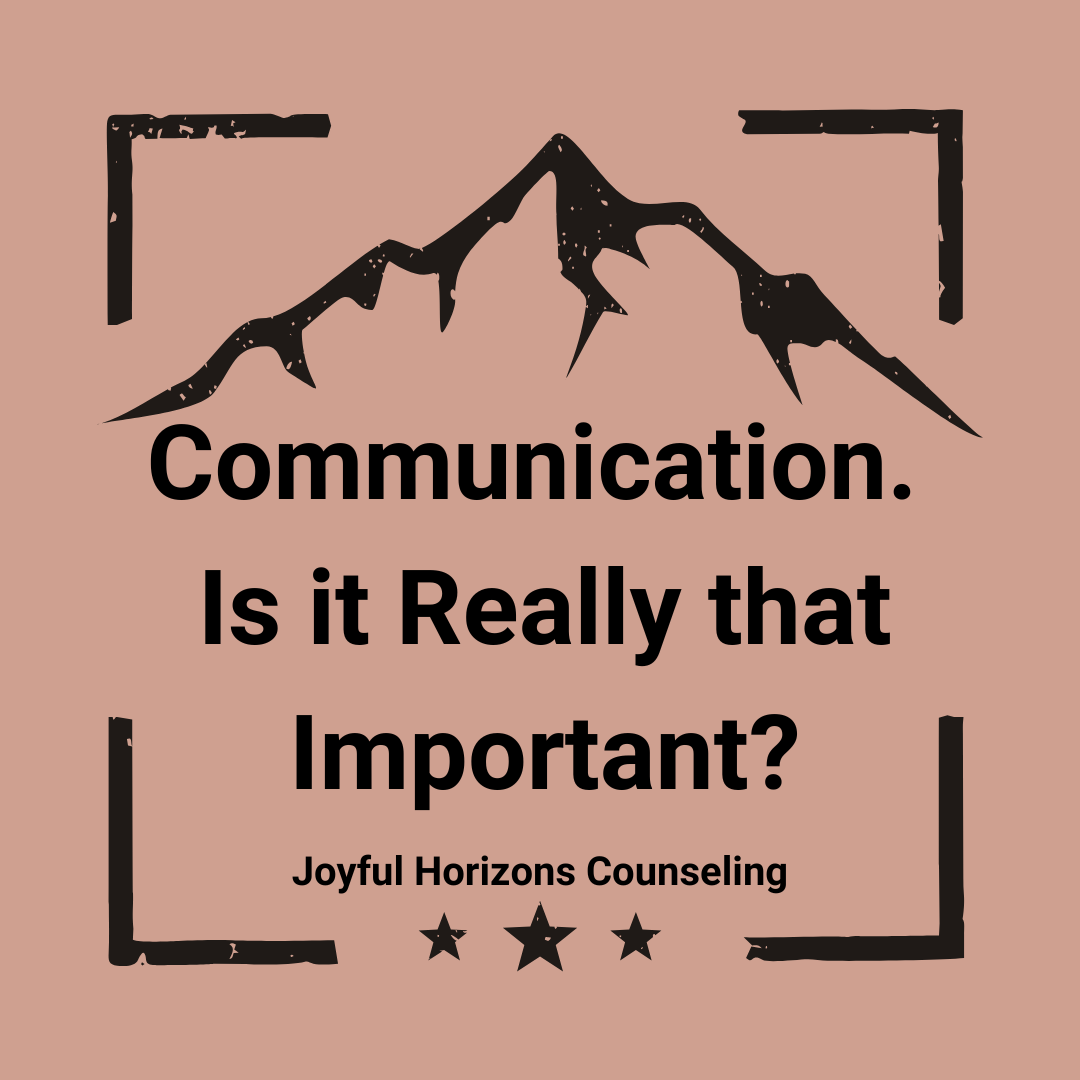
The J.H.C. Blog

Whare are the Roles of Dysfunctional Families?
Everyone talks about the idea of nature versus nurture—how much of who we are is shaped by our biology, and how much by our environment. We are often said to be born as blank slates, carrying only the raw potential of who we might become. From the moment we're born, the way we are nurtured—our family dynamics, parenting styles, cultural influences, and early experiences—begins to shape that potential. These environmental factors can play a powerful role in determining the kind of role we take within our family system. Whether we become the golden child, the peacemaker, the rebel (or black sheep), or the parentification, much of it can be traced back to how we were raised and what was expected of us in our early relationships. While our genetics may lay the groundwork, it's the nurturing we receive that often defines how we relate to others and understand our place in the world.

Strategies of Dealing with Difficult Family Members
Difficult people are a part of life—and sometimes, they’re family. Whether it’s a sibling, parent, aunt, uncle, or cousin, navigating these relationships can be emotionally draining. Maybe they constantly stir up drama, ignore boundaries, or always have something negative to say. So how do you deal with someone who just can’t keep the peace?

Communication. Is it Really that Important?
Communication is often seen as a basic human skill—something that should come naturally, almost effortlessly. Yet in practice, it proves to be far more complex. Many people believe they’re expressing themselves clearly, but intention and understanding don’t always align. Words are spoken, messages are sent, but the true meaning can be lost somewhere in between. Real communication requires more than just talking—it demands listening, empathy, clarity, and a willingness to be understood as much as to understand. Without these elements, we risk speaking past one another, mistaking noise for connection.
